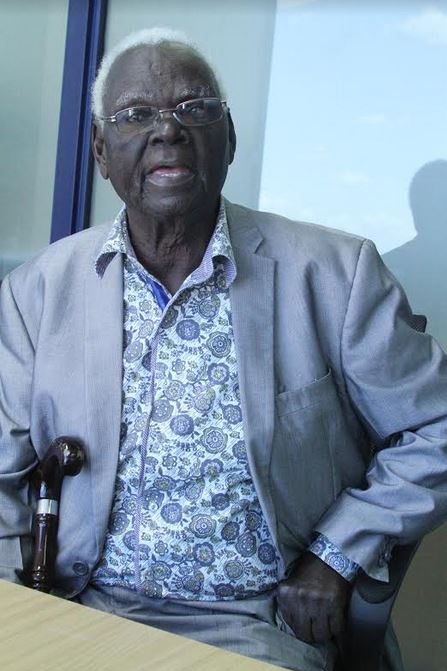×
The Standard e-Paper
Home To Bold Columnists

The man under whose watch Co-operative House, a sturdy Nairobi landmark that withstood the August 7, 1998 bomb blast was built lists the 25 storey bell bottom shaped building among his key achievements in a life spanning 90 years.
“President Jomo Kenyatta gave us land for the bank’s headquarters after I led a delegation to him with the request,” says Kathanga.







